Whether or not your area gets snow, if you have solar panels, you need to be ready for the winter. Even if your home doesn’t completely rely on solar power, the troubles that come with the season could affect your solar panels and cost you a lot of money.
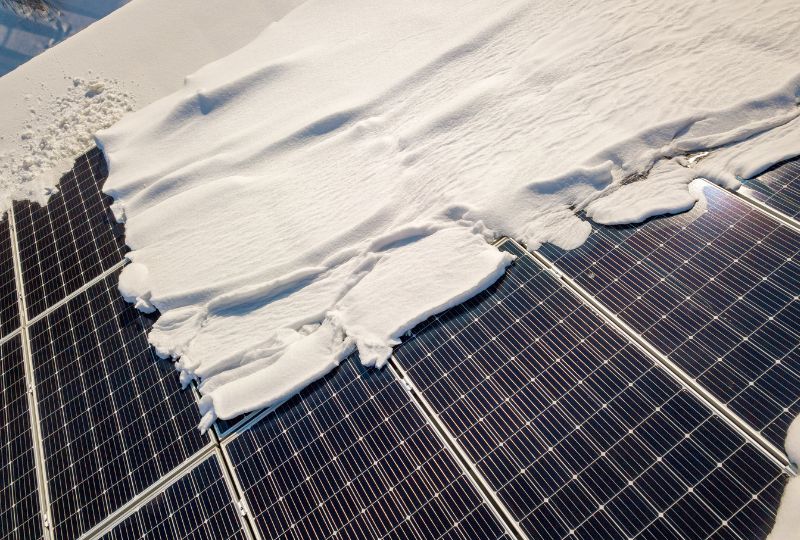
To prevent unnecessary headaches, wasted time, and extra expenses, you can learn how to prepare your solar panels for winter here.
Monitor the Temperature of Your Batteries
Unfortunately, solar panel batteries can’t function well in frigid temperatures, as the temperature range required to function is between 50 to 85 degrees Fahrenheit. Ideally, if it gets that cold, you should store your batteries somewhere inside the home or in an insulated battery box.
Either way, you should keep a close eye on their temperature range throughout the winter, especially if you store your solar batteries outside.
Angle Your Solar Panels
Because the sun is lower during the winter, you need to adjust your solar panels accordingly to improve their efficiency during this time. As a general rule, your solar panels should be at their most vertical positions during the winter.
To get an exact number, add 15 degrees to your location’s latitude. For example, if your current latitude is 29 degrees, you should angle your solar panels at 44 degrees to account for the low sunlight.
Install Safeguards
While light snow won’t damage your solar panels, it will reduce their efficiency, especially during periods of heavy snowfall. If you’ve angled your solar panels, this will aid in stopping snow from accumulating.
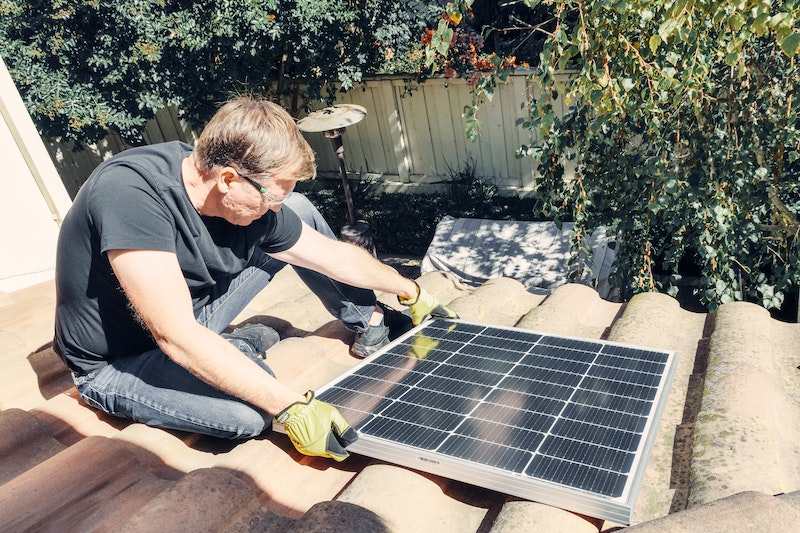
Image Source: pexels.com
However, you may want to consider installing snow guards as well, as these can release snow slowly instead of letting it accumulate and fall in dangerously heavy sheets.
Additionally, birds, squirrels, and other animals trying to shield themselves from the cold may attempt to make their homes under your solar panels. Unfortunately, their nests can block the essential airflow your solar panels need to function, causing them to overheat.
At best, your solar panels may stop working correctly, and at worst, a fire can start, even in the winter. To prevent this, you can install solar panel bird guards to ensure small critters don’t invade your solar panels.
Reduce Your Home’s Energy Usage
Since they see less daylight, solar panels produce less energy during the winter. Because of this, you may need to lower your home’s energy usage if you don’t want to end up paying higher electric bills.
Before the winter hits, you’ll want to check your home’s insulation, switch to more energy-efficient lightbulbs, and start getting into the habit of unplugging and shutting off appliances and lights you’re not using.
Now that you know how to prepare your solar panels for winter, you’re ready to protect your solar panels and your home from the woes of the winter season.
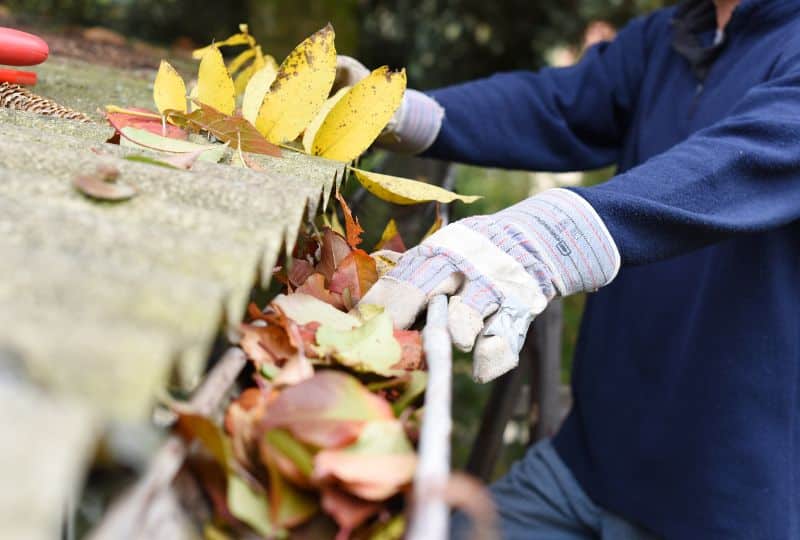
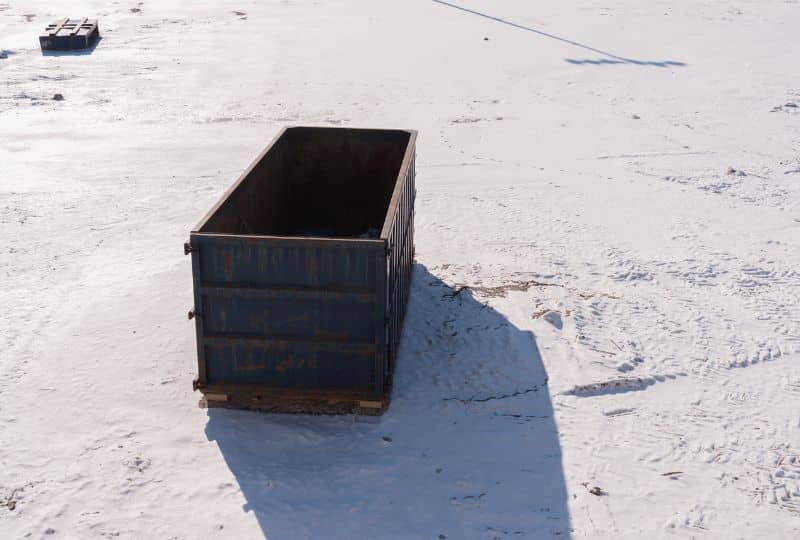

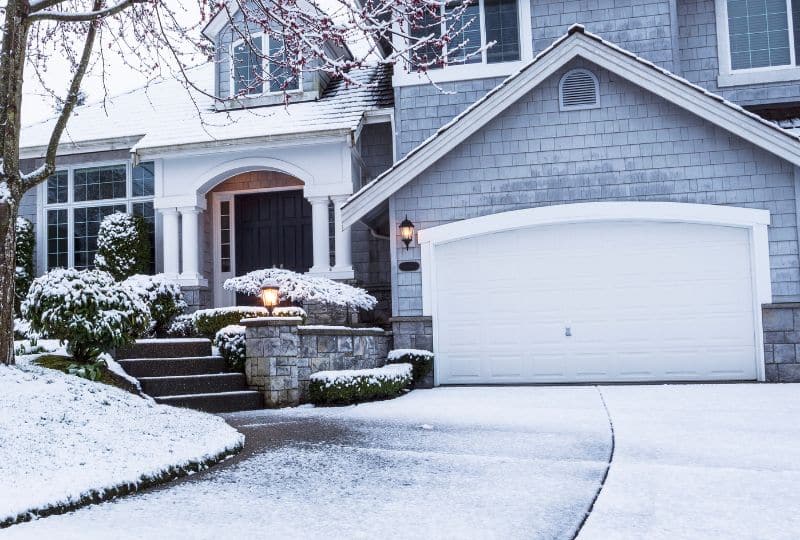
Leave a Reply